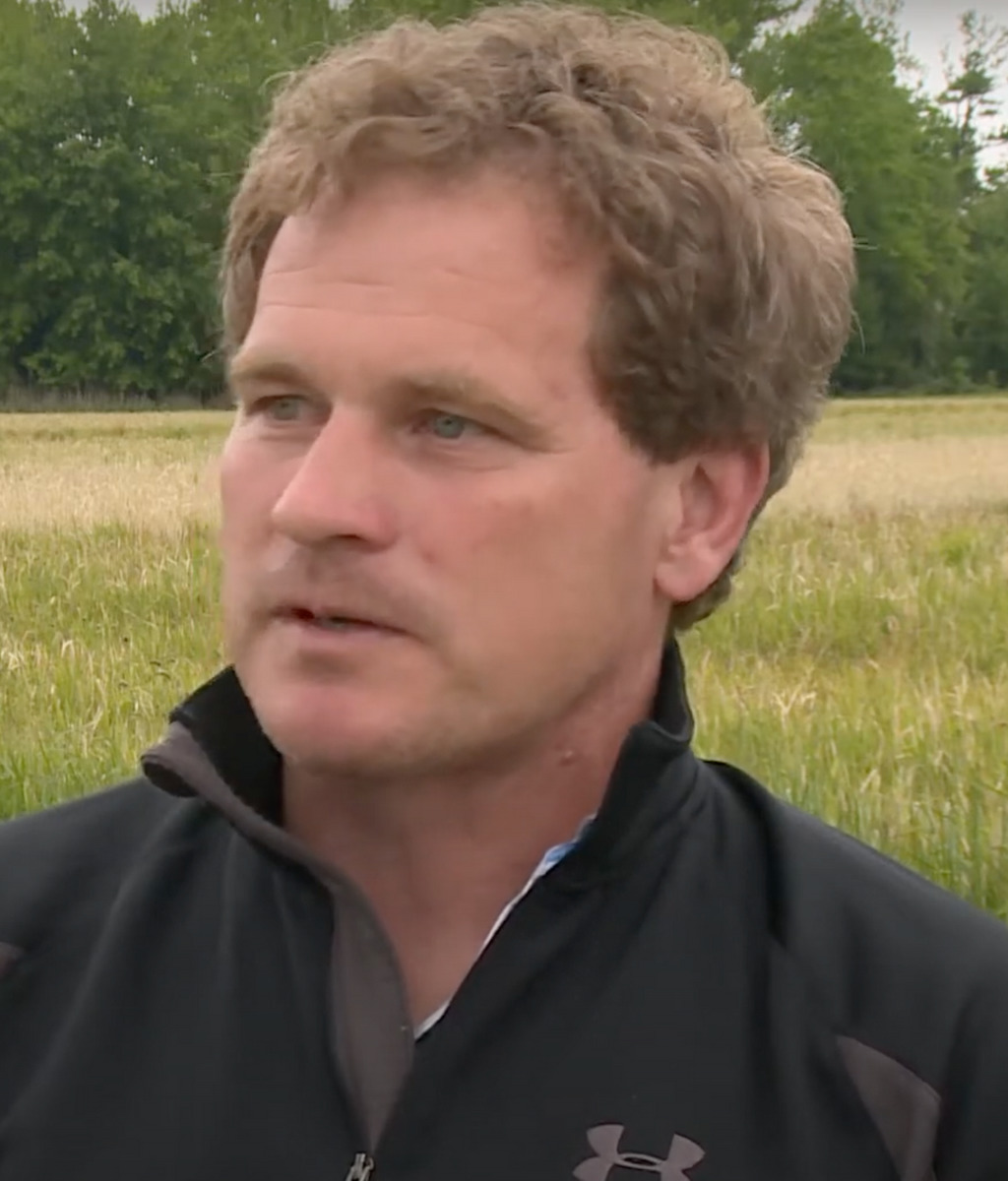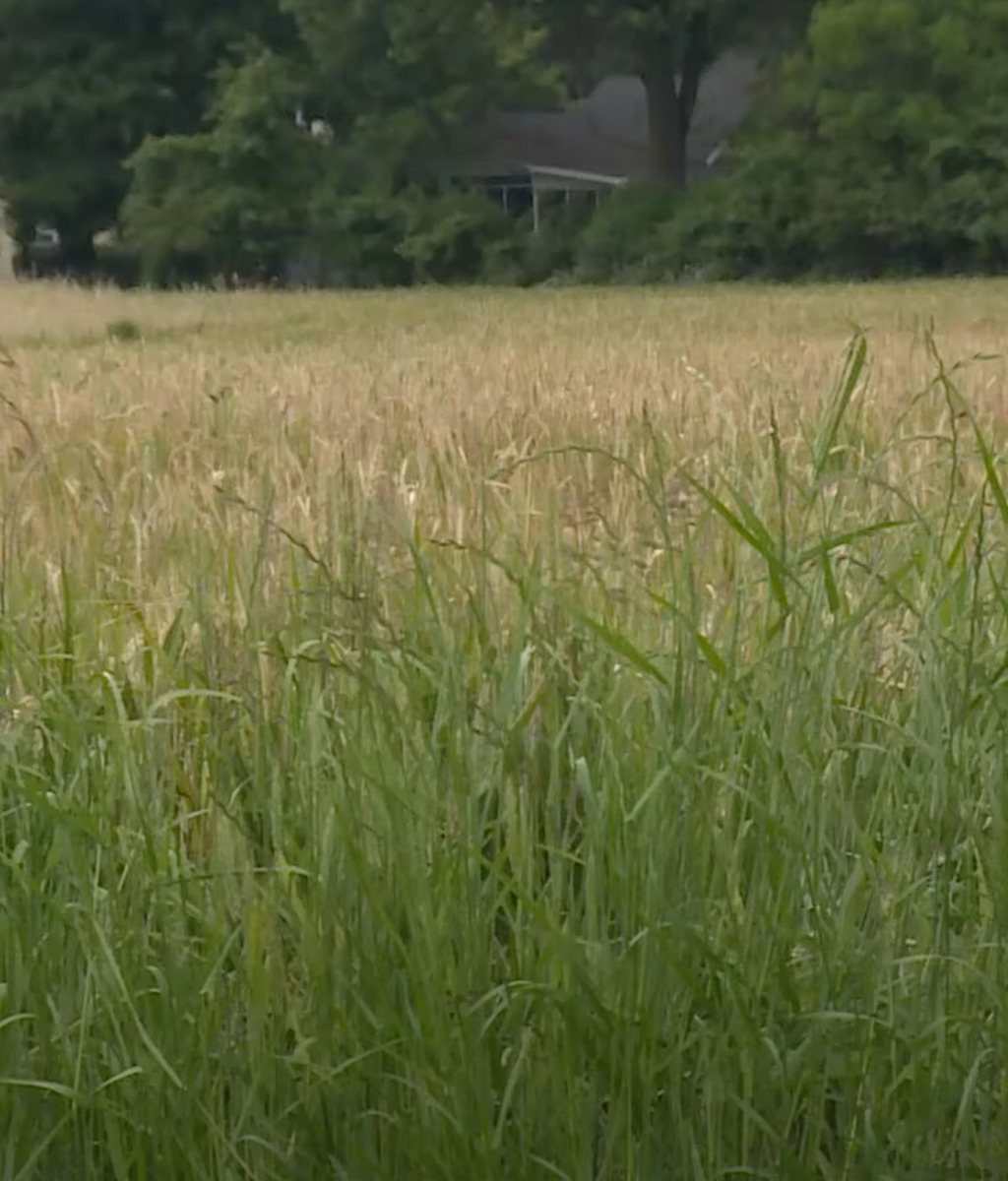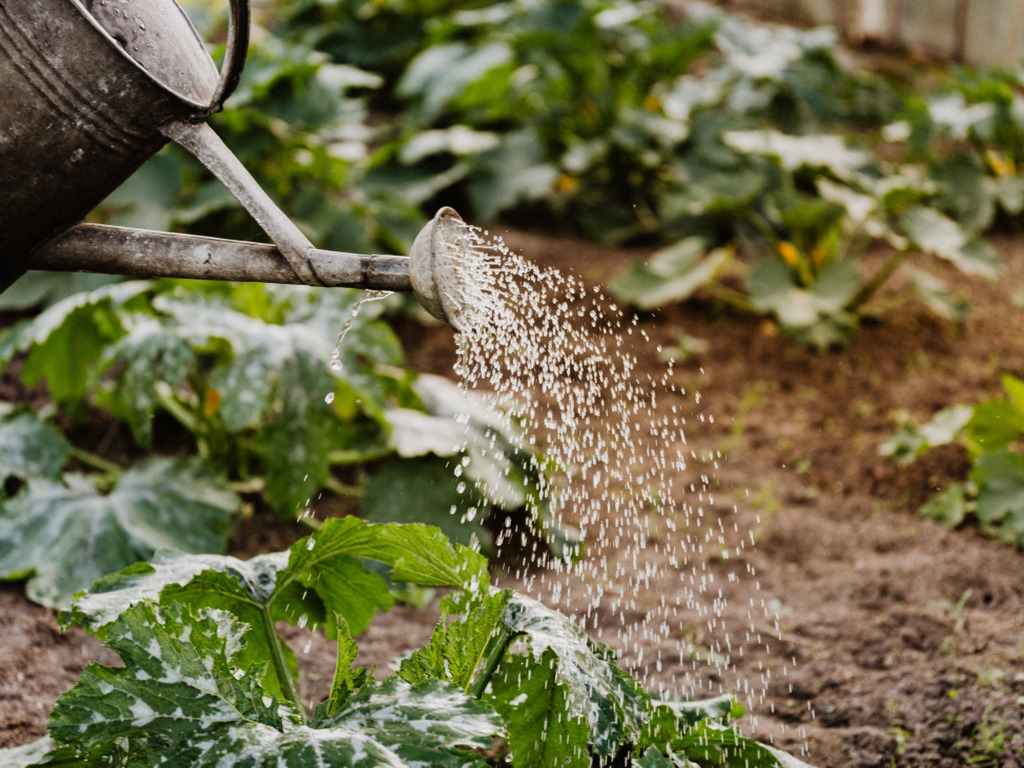4 Mins Read
In a world-first, U.S. farmer Trey Hill received US$115,000 as a part of a new private market of carbon credits based on regenerative farming practices. This news comes shortly after President Joe Biden announces plans to develop new sources of income for farmers that use farming practices that capture carbon.
According to Regeneration International, a non-profit working to mitigate the effects of climate change through regenerative practices, describes regenerative agriculture as farming and grazing practices that, among other benefits, reverses climate change by rebuilding soil organic matter and restoring degraded soil biodiversity, resulting in a decline of carbon as well as improving the water cycle.
A study from the Nature Conservancy, one of the oldest environmental groups in the U.S., found that a particular kind of no-till farming involving the planting of cover crops and nutrient-dense food like root vegetables during the off-season could possibly sequester as much as 10% of the entire world’s carbon footprint.
Taking this into account, U.S. president Joe Biden stated that his policies will make ‘American agriculture the first in the world to achieve net-zero emissions‘. To do this, Biden and Secretary of Agriculture, Tom Vilsack’s plan will ‘create new sources of income for farmers in the process by paying farmers to put their land in conservation, plant cover crops that use the soil to capture carbon‘.
In tandem with this, Washington Post reported that Marylander Trey Hill is the first farmer and seller in a new private market of carbon credits based on regenerative farming practices with buyers paying Hill US$115,000, for returning 8,000 tons of carbon back into the soil.

The regenerative farming practices exclude tilling, as it not only sends carbon into the atmosphere to become carbon dioxide, but it exposes soil microbes and fungus to harmful UV light and reduces soil biodiversity. This farming instead involves using root crops to loosen and aerate the soil, and cover crops to shade it from the sun, introducing more microbial diversity, and sequestering more carbon in the plants’ roots.
Hill utilizes clover, lentils, and rye as cover crops, and radishes and turnips for root crops as sequestration and regeneration components in his corn field.
Through a Seattle-based startup, Nori, which allows companies and individuals to buy carbon credits to offset their own carbon emissions, Hill sold his 10,000 acres farm’s carbon credits for US$16.50 per ton. E-Commerce platform Shopify, Arizona State University, and many more were behind paying Hill for putting the carbon back into the soil.
Hill stated that many farmers are still lacking in terms of financial gain due to the extra cost of special equipment and the new plan by president Biden could ensure that large farms have the opportunity to expand their income and protect the climate in a way that might boost American yields of root and cover vegetables, increasing food output as well.

A 2019 report by the Croatan Institute, a research institute based in Durham, North Carolina, found around US$47.5 billion worth of investment assets in the U.S. alone with regenerative agriculture criteria.
In a conversation with the founder and editor-in-chief of Green Queen, Sonalie Figueiras, author of Diet for a Hot Planet Anna Lappé speaks about regenerative agriculture (she prefers the term agro-ecology): “Essentially, it’s a set of principles about how to work with what your farm has in terms of natural soil, how to get soil fertility, integrating animals on the farm for their labour or ability to fertilise soil. The term agro-ecology also talks about the science of it, how it is a scientific field. Third, it’s about the social movements. It’s inclusive and incorporates this political part of the story, which is that in order to see this kind of farming spread around the world, we have to engage in the politics of it.”
Leading brands and companies are recognizing the potential of regenerative agriculture and are investing in making this practice mainstream. For instance, Netherlands-based company reNature raised US$670k in a Series Seed funding to expand its existing network of farmers and corporations, to venture capitalists, who want to work towards the long-term gains of regenerative agroforestry.
Collaborating with reNature, dairy giant Nestle aims to create scalable models for regenerative agroforestry in the commodity supply chain in keeping with the company’s commitment to supporting regenerative agriculture.
Lead image courtesy of Karolina Grabowska/Pexels.



